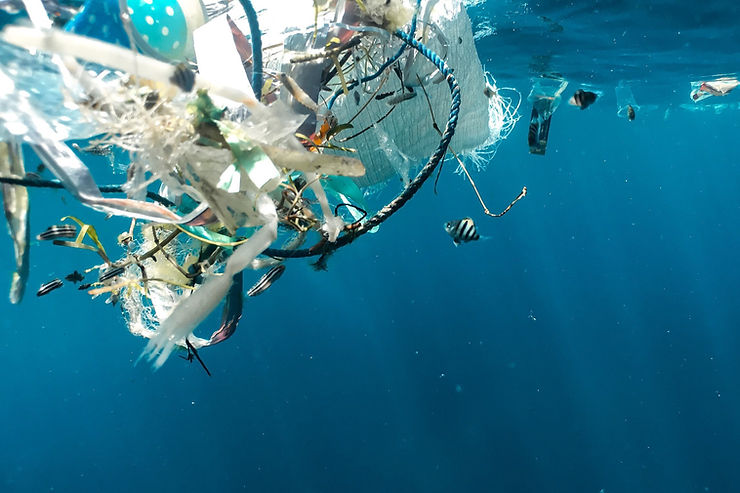By: Charlie Wang
Countries around the world are banning one-use plastic. People say that this is better for our environment and ourselves. But other people don’t like plastic bans.
Single-use plastic has been deplenishing from all over the world. It first started in 2018 when Australia banned single-use plastic. They banned it because at the end of the year, there were two billion tons of waste deposited, and 275 million tons of that was plastic. Scientists believe that in the year 2050 the population would double and so will the waste percentage. This theory caused the UK to ban straws and France to ban plastic for fruits and vegetables.
A few of the countries take recycling seriously, like Germany, Austria, South Korea, and Wales all recycle 56% of their plastic. But this contribution has nothing compared to the percentage globally. 15% of the global plastic is recycled, but almost half of it gets rejected because of different kinds of issues. So, only 9% of plastic gets recycled.
Environment pollution like plastic also leads to cancer, hormone distribution and fertility, which might cause death. We are using plastic too much and it is slowly killing us and our ecosystem.
Romane Osadnik, an account manager at CITEO helps companies come up with best ways to profit and not having the ability to use plastic really ticks him off. “Plastic can sometimes be the best option,” Osadnik says, “especially in the food industry. Film wraps and plastic bags that seal food [like cucumber wraps] preserve the quality of the food and are lightweight options.”
To protect all the produce, markets need to have packaging. But with all the plastic bans going on in France they would need to use other types of objects to replace plastic. So now all the cucumbers in France once wrapped in plastic are now wrapped in a complete other material. “Plastic is most commonly replaced with cardboard,” Osadnick says, “but food can be damaged more easily in cardboard causing more food waste in transport, and it weighs much heavier [which] means in turn that more lorries are needed to carry the same quantity of product. Transport weighs heavily in the life cycle of food. In the end it often turns out to be more polluting to use cardboard wrapping than plastic, when the entire food production chain is taken into account.”
People up to this day still argue about how plastic affects the environment and how it is beneficial to people. So, some countries still have plastic to ban. But having plastic might be less beneficial, even if produce get damaged from not having plastic people will continue to strive happy lives without absorbing disease from plastic.











